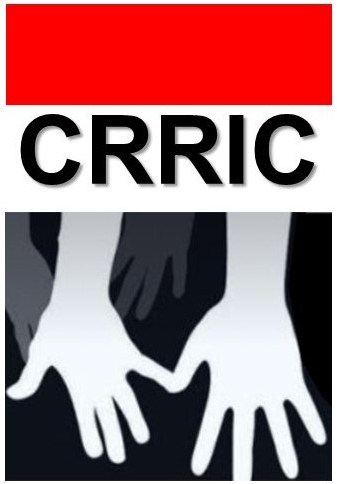[vc_row][vc_column][vc_separator css=”.vc_custom_1592076377183{padding-top: 15px !important;}”][vc_column_text] Atrocity Prevention: From the UN to the grassroots
Atrocity Prevention: From the UN to the grassroots
On May 3rd, the United Nations General Assembly Security Council released a report on the advancement of atrocity prevention.
The report places specific emphasis on the ways that COVID-19 has exacerbated existing global atrocities, including a rise in hate speech, stigmatization and violence towards racial and ethnic minorities Further, it states that violations of international human rights and humanitarian law by state and non-state actors have also been increasing.
According to Peace Insight, atrocity prevention “refers to a broad range of tools and strategies which aim to prevent the occurrence of mass killings and other large scale human rights abuses committed against civilians.” At the 2005 World Summit, the UN made atrocity prevention a priority, affirming that states must work together to prevent war crimes, genocide, ethnic cleansing and crimes against humanity.
While the UN report highlighted a series of recommendations, some key suggestions included ensuring that national institutions hold other institutions accountable for upholding atrocity prevention, implementing new prevention strategies, and promoting resilience in existing atrocity prevention programs. Examining the scope of atrocity prevention as both a global and grassroots effort was also emphasized. Finally, it was suggested that nation-states tap into their local network of journalists, NGOs, community groups and other civil society actors to propagate a viable grassroots prevention strategy.
Uniquely, grassroots approaches to atrocity prevention can build on reconciliation as a peacebuilding strategy. Local organizations and initiatives can help facilitate healing, dialogue and relationship building in ways that are adapted to the communities they represent. Existing grassroots atrocity prevention strategies include community dialogue programs in Colombia, Botswana, Rwanda and Northern Ireland.
As the world recovers from the impacts of COVID-19, a robust strategy to tackle atrocity prevention will be imperative. Implementing international, national and grassroots-level prevention strategies can make prevention programs more sustainable and resilient.
Prepared by Cierra Bettens, Research Assistant at CRRIC.
Further reading:
https://documents-dds-ny.un.org/doc/UNDOC/GEN/N21/103/87/PDF/N2110387.pdf?OpenElement
https://www.peaceinsight.org/en/themes/atrocity-prevention/?location&theme=atrocity-prevention
https://www.peacedirect.org/wp-content/uploads/2018/04/Atrocity-Prevention-Report_PD-2.pdf
https://scholarcommons.usf.edu/cgi/viewcontent.cgi?article=1313&context=gsp[/vc_column_text][/vc_column][/vc_row]




